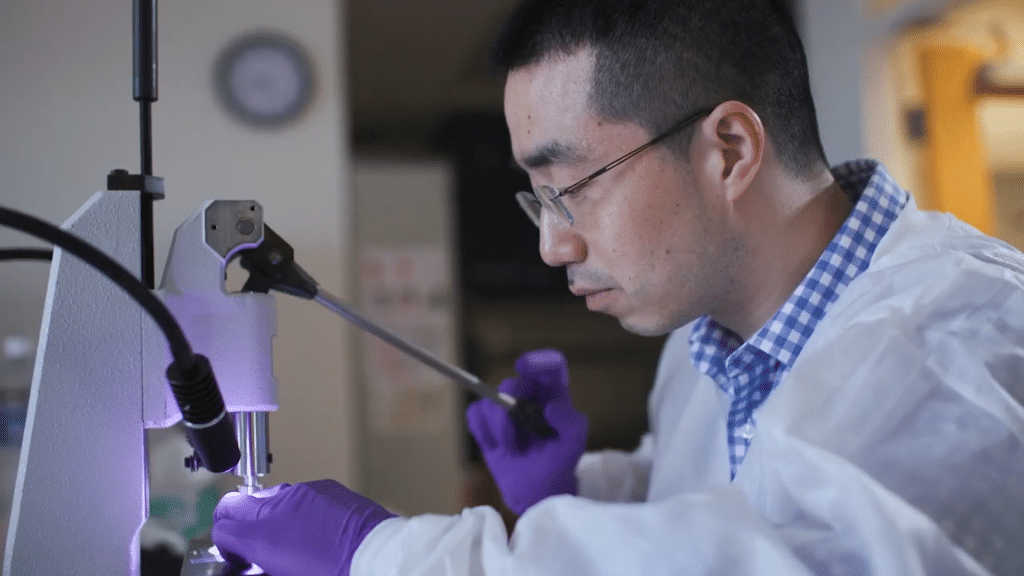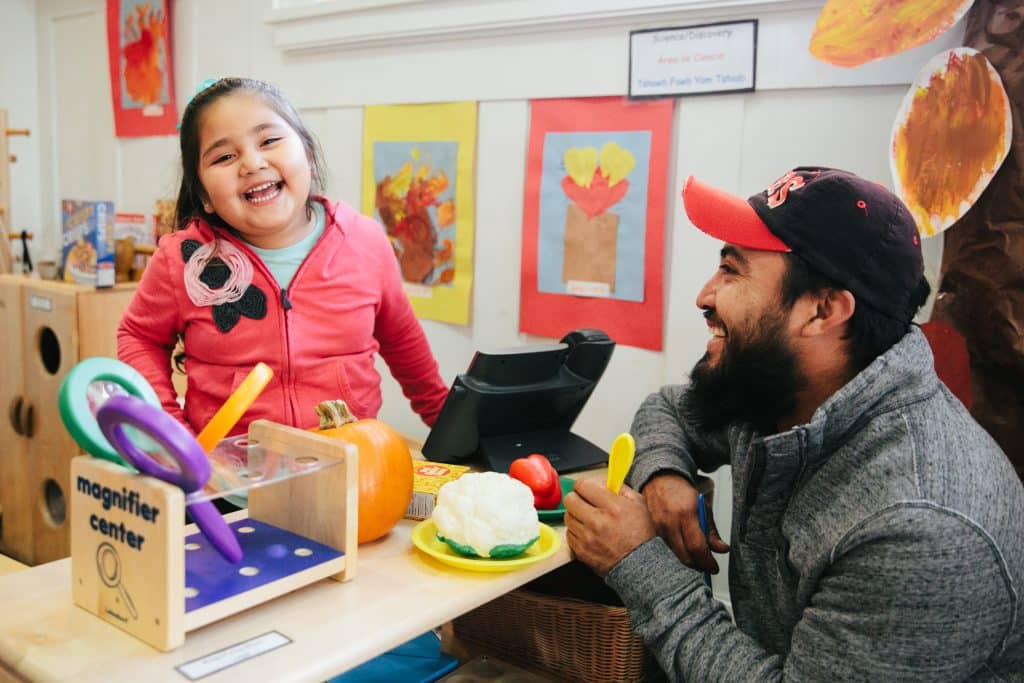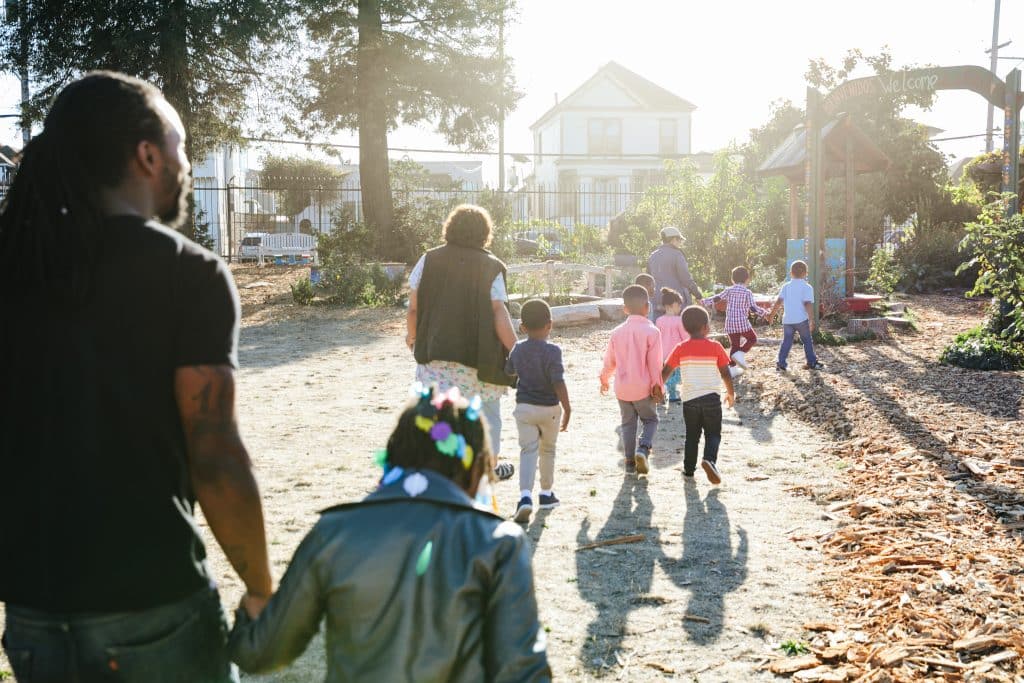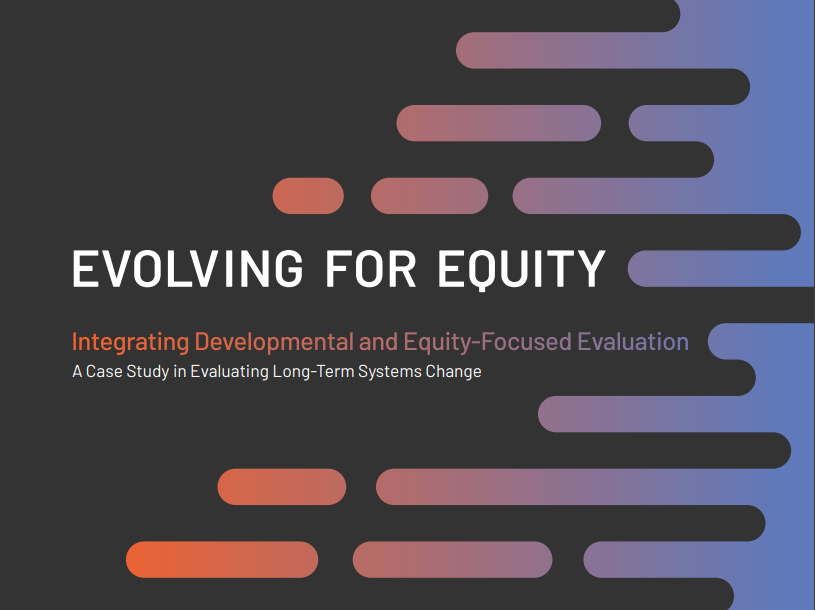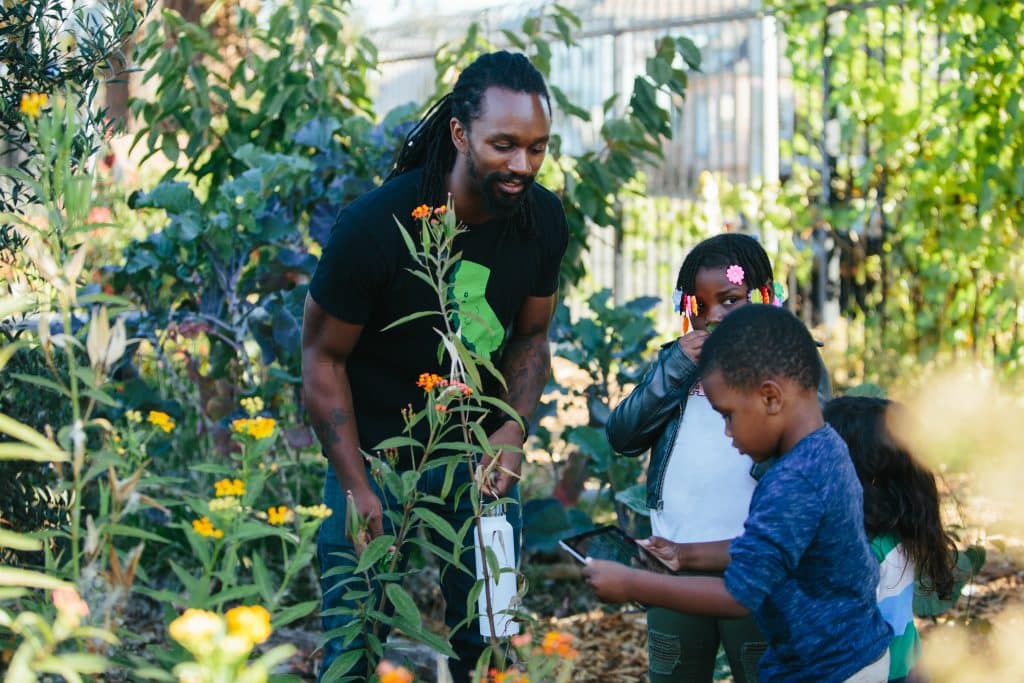When the FDA approved the first birth control pill in 1960, it was a paradigm-altering moment in reproductive healthcare, giving women greater control over their reproductive lives.
Sixty-four years later, another milestone arrived.
For the first time in the United States, a daily birth control pill is available without a prescription, Opill.
Opill is more than just the first pill available over the counter– it’s a story of how a coalition of grassroots organizers, reproductive justice advocates, youth activists, researchers, providers, philanthropists, and a pharmaceutical company worked together to advance reproductive health care. It’s a roadmap for how innovation rooted in a deep understanding of reproductive justice can expand access to essential healthcare, even amid increasing restrictions after Roe v. Wade’s overturn.
A Need for Access, Affordability, and Autonomy
For decades, the requirement to obtain a prescription for birth control pills has made it unnecessarily difficult for people to access the care they need. This need is especially acute for the more than 19 million women living in “contraceptive deserts,” where access to contraception is limited due to a lack of nearby health centers. For many, barriers like unreliable transportation, taking time off work or school, lack of insurance, and the high cost of provider visits make it nearly impossible to access the contraceptive method they prefer and use it consistently. These challenges disproportionately affect Black, Indigenous, Latinx, AANHPI and other people of color, young people, LGBTQ+ people, people with disabilities, immigrants, and people working to make ends meet.
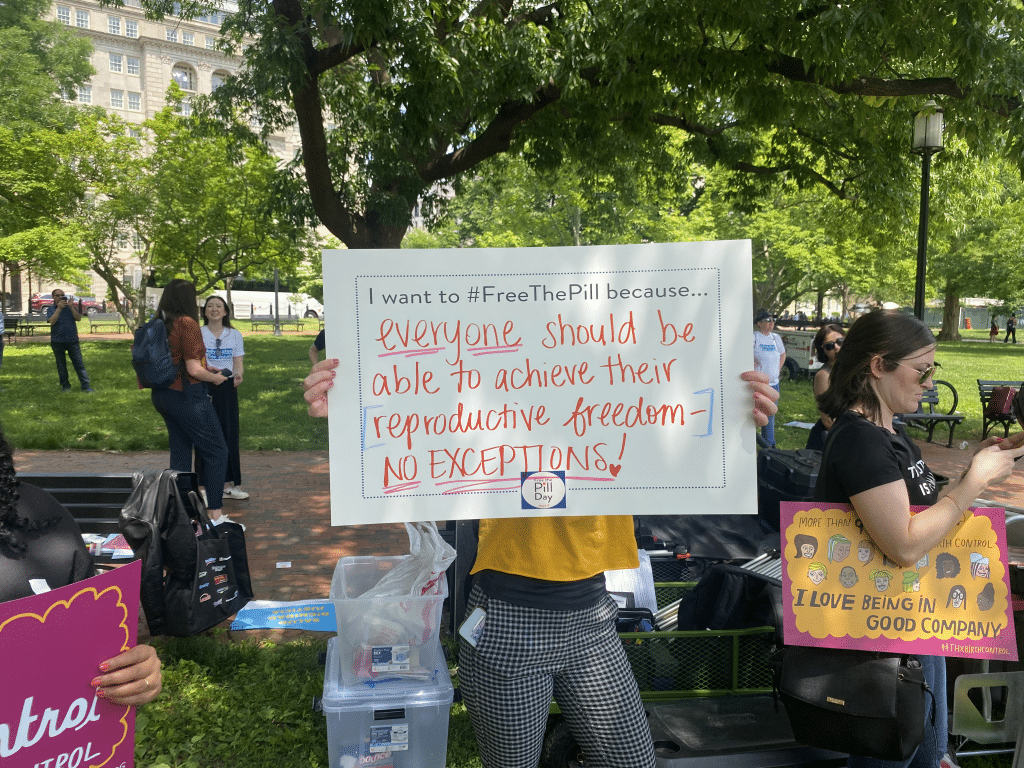
A Coalition is Born
The movement to make birth control pills available over the counter grew from a shared vision of reproductive autonomy and equity, led by Ibis Reproductive Health, an organization that works to make high-quality sexual and reproductive health information and services accessible, affordable, and available.
In 2004, Ibis brought together a group to explore the possibility of an over-the counter birth control pill. This group became the Free the Pill coalition and has grown to include over 250 partners, including healthcare providers, researchers, reproductive justice organizations, and youth advocates.
The coalition took a community-centered approach to ensure the pill addressed the unique needs of those who face the most barriers to birth control due to systemic inequities and who would benefit the most from an over-the-counter option. This included collaborating with advocates like SisterReach, who trained the coalition on how to apply a reproductive justice approach and analysis to the work; Advocates for Youth, who led the coalition in adopting a formal youth-adult partnership model to bring youth on as leaders on the coalition’s steering committee; and the Native American Women’s Health Education Resource Center, who conducted talking circles with Native communities and secured a supportive resolution from the Native Congress of American Indians in support of over-the-counter contraceptive access. Through years of thoughtful collaboration and dialogue, the coalition developed an intentional strategy to ensure an over-the-counter birth control pill would address diverse needs across race, income, age, genders and geography. This input shaped the coalition’s core priorities for the pill: affordability, accessible distribution, and no age restrictions.
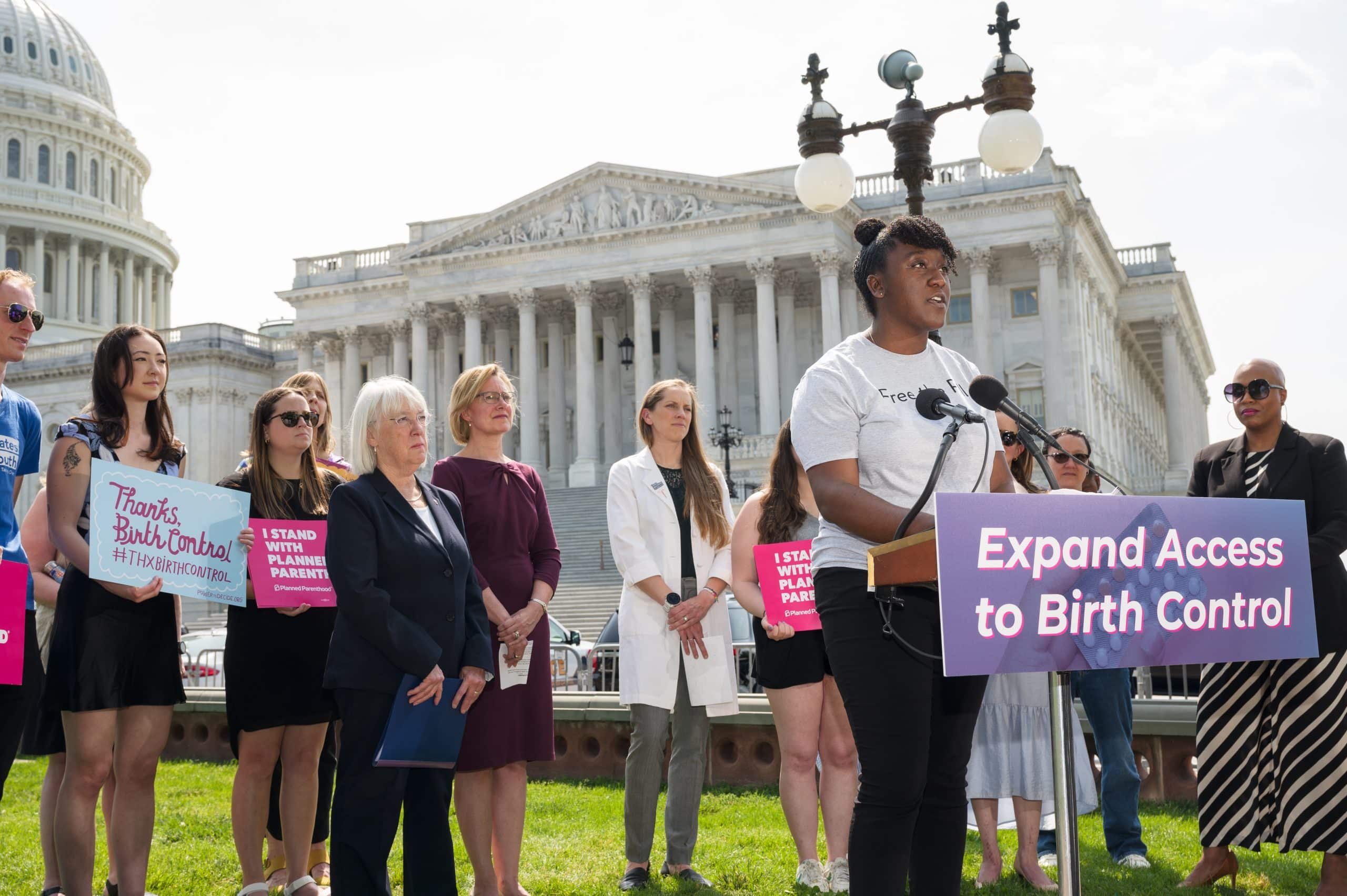
A Pharmaceutical Partnership
One major hurdle remained in the path to a prescription-free birth control option: finding a pharmaceutical partner.
“This is a rare type of partnership between a coalition of researchers and advocates and a pharmaceutical company to achieve an over-the-counter switch. It took intentional and explicit commitment to our values to do our work with a reproductive justice and youth adult partnership lens, which is very different from a traditional pharma approach,” said Kelly Blanchard, President of Ibis Reproductive Health. “We invited pharmaceutical representatives to our meetings, shared our data, focused on the power of the coalition, and made the case.”
In 2015, the Packard Foundation provided a $12 million grant to Ibis to grow the coalition and complete the research needed for the over-the-counter birth control application to the FDA in partnership with a pharmaceutical company. Support was also provided by the Packard Foundation for communications, education, and advocacy.
In 2016, the coalition partnered with HRA Pharma (acquired by Perrigo in 2022) to develop the application. Together, they pursued a shared vision for a pill that would be affordable, accessible to people of all ages, and grounded in reproductive justice values. As a nonprofit, Ibis does not accept funding from pharmaceutical companies and did not receive any pharmaceutical company funding for the coalition’s work. Instead, this groundbreaking milestone was driven entirely by philanthropic support and grassroots efforts.
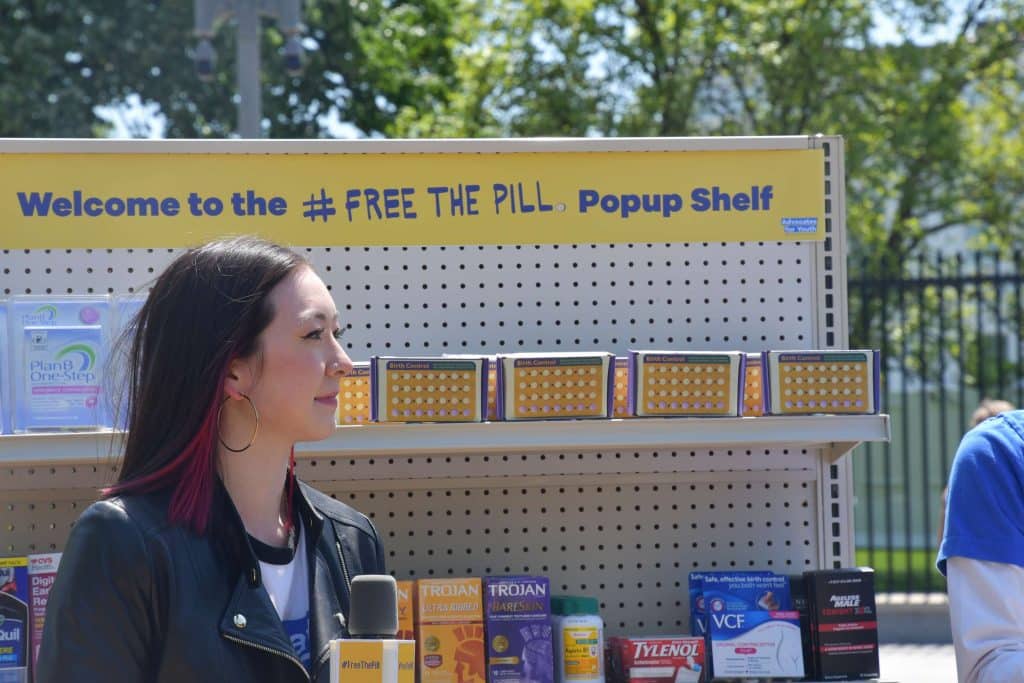
HRA Pharma’s progestin-only pill, Opill, was a strong candidate because it was deemed very safe. HRA Pharma submitted an application in 2022, and the following year, more than 30 coalition partners, including six Free the Pill Youth Council members, testified to the FDA. Their testimonies spoke to the research, clinical evidence, and lived experience that demonstrated the need, interest, and appropriateness of OTC birth control pills. The FDA advisory committee unanimously voted to recommend that Opill be approved for over-the-counter status without age restrictions.
In March 2024, Opill launched online and in stores nationwide.
A Transformative Solution
The launch of Opill as the first over-the-counter birth control pill in the U.S. marks the culmination of nearly two decades of work by the Free the Pill Coalition.
“This is a landmark moment for public health nationwide that reflects two decades of research and advocacy,” said Victoria Nichols, Project Director of Free the Pill, a coalition that spearheaded the advocacy effort. “Opill being over the counter will benefit countless people who rely on contraception to help plan their lives and futures.”
Although Opill is available in stores and online, the Coalition continues to work to make it more affordable for all. Since the rollout of Opill, the manufacturer has launched a cost assistance program to help meet the needs of people who may experience cost barriers. The coalition is continuing to advocate and provide feedback to ensure that this program evolves to meet consumers’ needs and is equitable accessible.
“The ability to choose whether and when to have a child, to give birth safely, and to raise children in a supportive environment is essential and foundational to a just and equitable society,” said Elizabeth Arndorfer, the Packard Foundation’s U.S. Reproductive Health Director. “The Free the Pill model should inspire continued efforts to expand access not just to birth control, but to a range of healthcare needs. By building on this momentum, we can create a more equitable healthcare landscape.”
